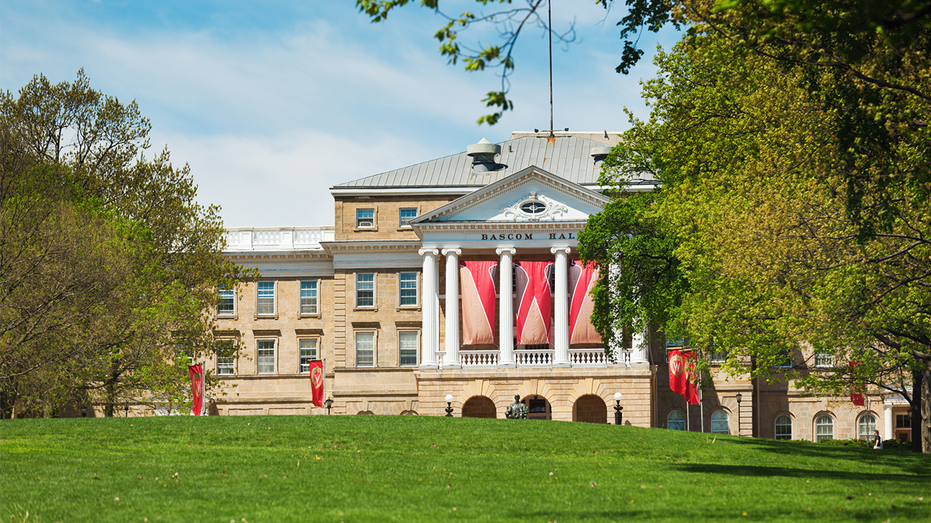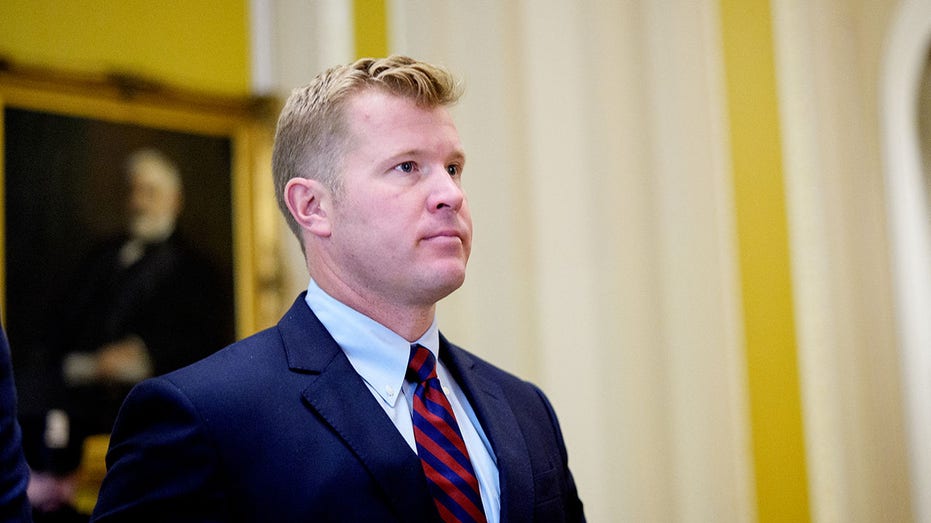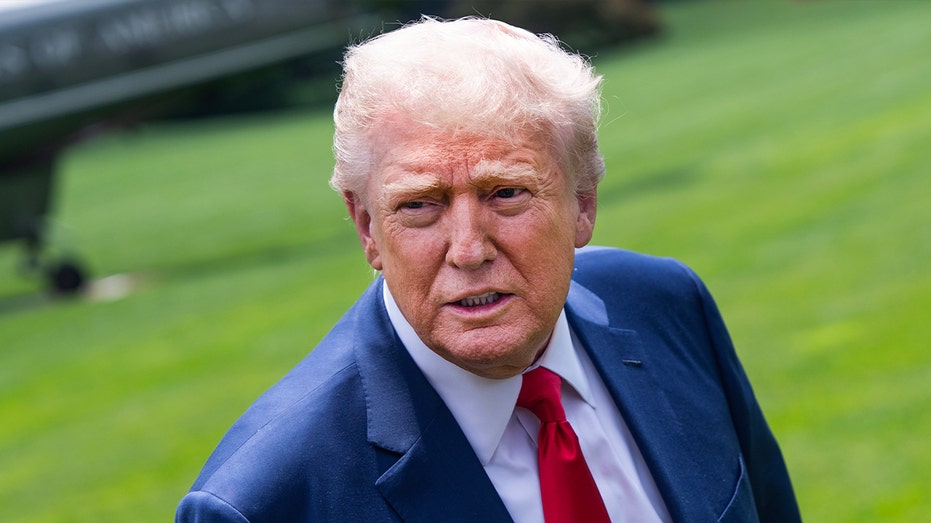Republican Bill Targets H-1B Visa Loophole in American Universities

Sarah Johnson
July 24, 2025
Brief
New Republican bill aims to end H-1B visa exceptions for universities, prioritizing American workers over foreign hires in higher education.
A groundbreaking Republican proposal, dubbed the Colleges for the American People Act of 2025, is shaking up the immigration debate by targeting a long-standing H-1B visa exception for higher education staff. Introduced by Rep. Tom Tiffany, this bill aims to eliminate the special carveout in the Immigration and Nationality Act that allows universities to bypass the 65,000-person H-1B visa cap, pushing foreign workers in academia to compete through the standard visa process.
Tiffany argues that American students pour years into earning degrees, only to see universities prioritize foreign workers for high-paying roles through these visa exceptions. "The CAP Act is about fairness," he stated, emphasizing the need to protect American workers from what he calls "backdoor hiring practices." Co-sponsored by Rep. Andrew Clyde of Georgia, the proposal won’t retroactively affect current H-1B holders in universities, allowing them to seek extensions without impacting the cap.
The H-1B visa program remains a lightning rod in political discourse. While some champion it as a boon for U.S. businesses, particularly in tech, critics like Sen. Bernie Sanders have slammed it as a tool for exploitation. Sanders has publicly decried the program for replacing American jobs with what he terms "low-wage indentured servants," pointing to a system that prioritizes profit over people. As of 2019, nearly 600,000 H-1B visa holders were in the U.S., and with potential reforms on the horizon under the Trump administration, the debate is far from over.
Adding fuel to the fire, recent data highlights the scale of foreign staffing in academia. In Wisconsin’s university system alone, 495 staffers hold H-1B visas, costing taxpayers roughly $43 million annually in salaries. Meanwhile, broader immigration concerns extend beyond H-1B visas, with student visas—particularly at Harvard University—coming under scrutiny for national security reasons, as the State Department reevaluates its Exchange Visitor Program status.
This proposal raises a critical question: should our universities be global hiring hubs, or should they prioritize the very Americans they educate? The answer could reshape the future of higher education and immigration policy.
Topics
Editor's Comments
Well, isn’t this a plot twist? Universities playing the H-1B card like it’s a Monopoly ‘Get Out of Jail Free’ pass, while American grads are left holding the ‘Go Directly to Unemployment’ card. If Rep. Tiffany’s bill passes, maybe our campuses will stop looking like international job fairs and start resembling, oh, I don’t know, places for Americans to actually work? Let’s hope the ivory towers don’t crumble under the weight of all that fairness!
Like this article? Share it with your friends!
If you find this article interesting, feel free to share it with your friends!
Thank you for your support! Sharing is the greatest encouragement for us.






